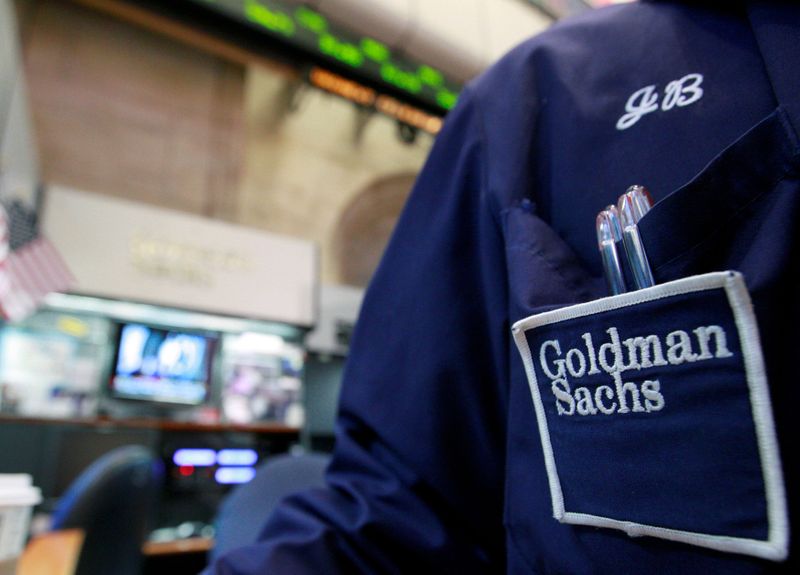Commentary and actions on global trade policy are becoming increasingly aggressive, and a potential Donald Trump victory in the upcoming presidential election could result in significant tariffs on US imports, potentially leading to retaliation and escalation, according to Goldman Sachs economists.
As a result, trade policy uncertainty indices have risen to their highest levels since the 2018-2019 trade war.
“This increase in uncertainty poses a moderate downside risk to global growth as companies could delay investments until the policy outlook becomes clearer,” economists wrote.
They quantify this risk to investment and growth in three ways.
First, companies in the US and Europe that reported trade uncertainty in their earnings during the 2018-2019 trade war have called for significant cuts in investments. At the height of the trade war, mentions of trade policy uncertainty were linked to a 0.5 percentage point annual decline in investment growth in the US and a 1.3 percentage point decline in the eurozone, weighted by capital expenditure.
Second, publicly traded companies that the market sees as more exposed to trading risks – as measured by stock returns in the five days surrounding tariff announcements during the China-US trade war – have also disproportionately reduced investment, especially in the basic materials and industrial sectors goods.
Regression estimates linking stock returns to investment during these periods show that trade war risks reduced investment growth in public companies year-on-year by 0.3 percentage points in the US and by more than 2 percentage points in the euro area.
Third, cross-country data from before the 2018-2019 trade war show that a rise in the US trade policy uncertainty index to its trade war peak is associated with a 2 percentage point decline in annual investment growth in major economies, with a decline of 2 percentage points in investment growth in major economies. larger decline of 3 percentage points among major exporters.
“Based on these three approaches, our estimates suggest that an increase in trade policy uncertainty as large as that observed during the 2018-2019 trade war would reduce GDP growth by about 0.3 percentage points in the US and by 0.9 percentage points in the eurozone.” said the Goldman economists.
“While a rise to 2018-2019 levels is not our base case, our analysis suggests that rising trade policy uncertainty poses a moderate downside risk to growth in the second half of 2024 and 2025, especially in Europe,” she added.


